Give us a call now for an immediate match with a local pro.
Click to Call(833) 824-3371(833) 824-3371
Last Updated: February 25, 2025
On average, 55% of the energy used in American homes is for heating and cooling, according to the U.S. Department of Energy. You don't want to spend more than you need to on temperature control in your San Diego home, so it's important to make sure all systems are working properly.
Read our list of the top HVAC companies in San Diego to find the best choice for you and your home. Our topic contractors can help you reduce your bills while still staying comfortable.

Our Rating
User Rating
Informative resources
Free quote
Clear pricing policy
Reliable customer support
Prompt service delivery
Services Offered

Our Rating
User Rating
Prompt service delivery
Informative resources
Free quotes
Reliable customer support
Clear pricing policy
Services Offered
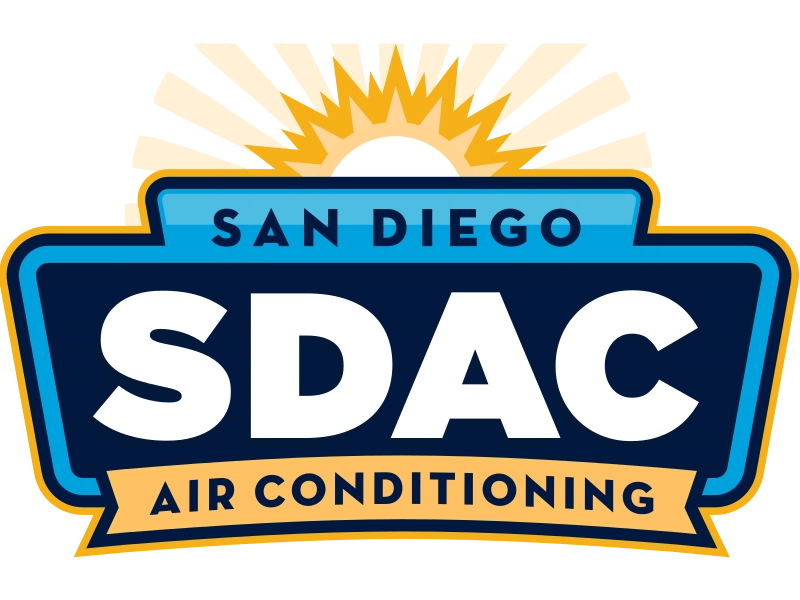
Our Rating
User Rating
Free quotes
Reliable customer support
Services Offered
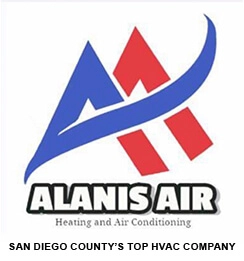
Our Rating
User Rating
Clear pricing policy
Free quotes
Informative resources
Services Offered
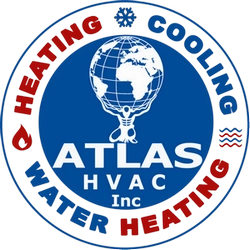
Our Rating
User Rating
Informative resources
Free quotes
Reliable customer support
Clear pricing policy
Prompt service delivery
Services Offered
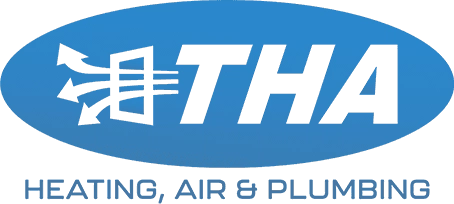
Our Rating
User Rating
Free quotes
Reliable customer support
Prompt service delivery
Informative resources
Clear pricing policy
Services Offered

Our Rating
User Rating
Prompt service delivery
Reliable customer support
Free quote
Clear pricing policy
Informative resources
Services Offered

Our Rating
User Rating
Free quotes
Reliable customer support
Prompt service delivery
Clear pricing policy
Informative resources
Services Offered

Our Rating
User Rating
Reliable customer support
Clear pricing policy
Free quote
Informative resources
Services Offered
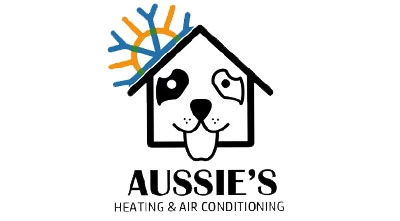
Our Rating
User Rating
Prompt service delivery
Free quotes
Informative resources
Reliable customer support
Clear pricing policy
Services Offered
Today's Homeowner looks at dozens of datapoints on hvac companies to come up with our data-driven rankings. It's not possible for a company to pay for preferential treatment in our rankings. We look at the following key factors in determining who should top our list:
An HVAC system that's broken or outdated likely needs professional attention for maintenance or replacement. Watch for these signals that your system needs service:
If you're experiencing any of these HVAC issues, have a technician inspect your system. A local professional can detect problems and decide whether fixing or replacing your HVAC unit is the correct solution.
HVAC installation or maintenance prices vary depending on your system. Common HVAC unit types include the following:
HVAC maintenance prices vary based on the specific services required. HVAC systems can be complicated and potentially require several different services. Fees for typical jobs are as follows:
| HVAC Unit Type | Cost | |
|---|---|---|
| Split | $1,957-$4,990 | |
| Hybrid Split | $3,966-$7,307 | |
| Heat Pump | $3,071-$31,292 | |
| Packaged Heating and Air | $257-$428 |
It's important to take care of HVAC repairs and replacements in a timely manner, but it can also be expensive. Luckily, there are some steps you can take to slow the wear and tear on your system.
| Service | Cost | |
|---|---|---|
| Filter Replacement | $64-$171 | |
| Condensor Cleaning | $1,285-$3,855 | |
| Thermostat Repair | $86-$214 | |
| Ductwork Cleaning | $411-$1,028 |
Knowing what to look for in an HVAC company is crucial for a successful project. Look for an experienced, licensed contractor that can give you peace of mind and make sure your system provides reliable heating and air conditioning for your home.
Get quotes from three or more HVAC companies. Explain your issues and ask if specialists can inspect your system in person. Review each company's diagnoses, recommended solutions, estimated cost, warranties, and timeline. Avoid providers that pressure you or demand payment before work.
Look for an HVAC company that employs skilled technicians with the necessary training and licenses. HVAC contractors in all states must obtain a Section 608 Technician Certification from the Environmental Protection Agency (EPA). This certification is required for all technicians who "maintain, service, repair or dispose of equipment that could release refrigerants into the atmosphere." An individual must pass an exam (the type of exam depends on the type of equipment they intend to work with) to be certified by the EPA. All other licensing requirements are handled on a state-by-state basis.
HVAC contractors in California must be licensed by the Department of Consumer Affairs Contractors State License Board (CSLB). HVAC contractors are considered specialty contractors by the CSLB. All contractors must have four years of experience and be bonded, and contractors with employees must also meet insurance requirements. You should also read reviews and complaints on sites like the Better Business Bureau (BBB), Google Reviews, and Yelp. Pick a company with glowing reviews and reports of great customer experiences.
It’s important to know what the work process will look like. For HVAC repairs, the company should list the specific parts that need replacement and why. Confirm that your technician will clean and test your system afterward to guarantee everything is working correctly. When replacing your HVAC, have the provider describe the new energy efficiency, features, model, brand, and estimated installation time. Before signing a contract, ask about the process your provider will use to properly size the new system for your home and how much it will cost.
Trustworthy HVAC companies back their work with warranties. Look at warranties from different companies, remembering that more comprehensive coverage is better. Look for the provider that offers the most coverage for a fair price.
Get written bids before beginning any HVAC work. The quote should outline costs for both labor and materials. Read all terms carefully before signing.
Typically, you should have your HVAC system inspected twice a year. After an inspection, your technician will tell you what, if any, services are needed. You should also call a technician if you notice any new issues, like leaks, strange noises, or unusual smells. If your home has ductwork, it should be serviced every few years.
The best times of the year to have your HVAC system inspected are during the spring and fall. Technicians tend to be less busy during these times, which makes it easier to get an appointment. This also ensures that your system is ready for the summer and winter, when it typically gets the most use.
You can save energy during the summer by reducing the amount of power your HVAC system uses to keep your home cool. Set your thermostat as close to the outside temperature as is comfortable, and try to avoid making drastic changes in temperature all at once. Keep your roof well-maintained and seal any door or window leaks to avoid letting cool air escape. Similarly, make sure your attic is well ventilated to avoid trapping excess heat in your home.
Generally, HVAC installation or replacement takes between one and three days for the entire system. Installing or replacing an air conditioning unit or a furnace may take anywhere from a few hours up to two days. The exact amount of time will be based on things like how large your home is, how easily accessible different parts of the system are, and whether your technician runs into any problems.
Your HVAC company may provide financing options through a third-party lender, or you might choose to obtain a loan on your own. It's a good idea to discuss payment options with a financial advisor and your HVAC company to make sure that you're choosing the best option for you.
There are several ways you can make your HVAC system more energy-efficient:
